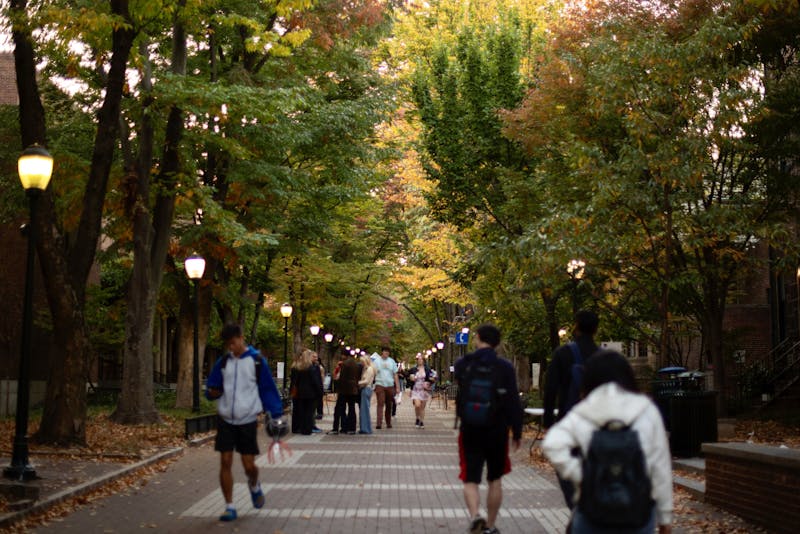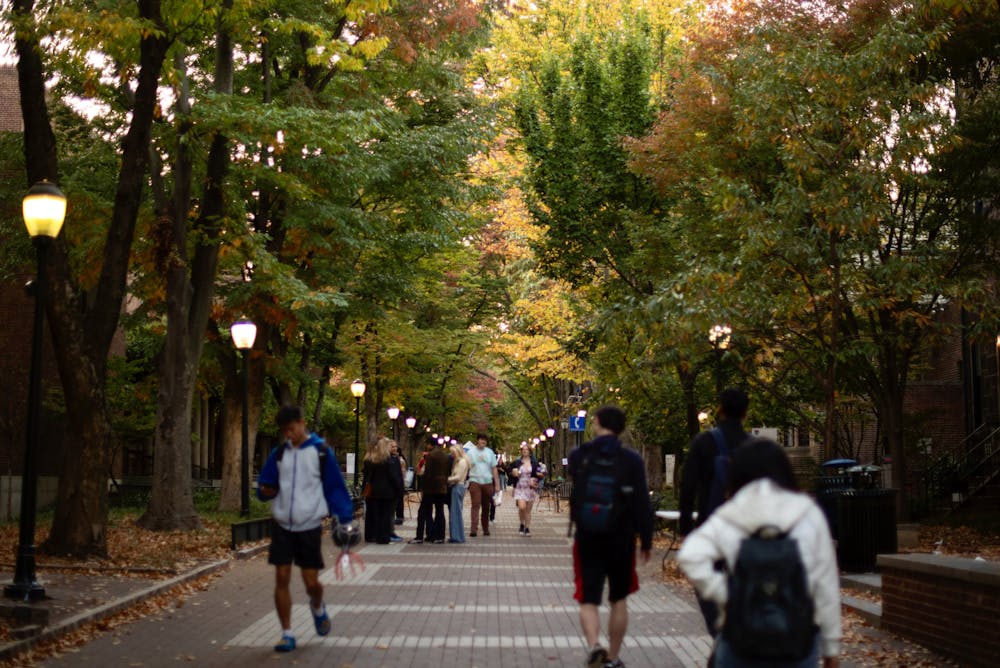The lawsuit was filed in federal court in Massachusetts on Friday.
Credit: Chenyao Liu
Penn was named as a defendant in a lawsuit filed on Friday, alleging that top universities engaged in price-fixing by misusing the early decision admissions process to artificially inflate the cost of attendance.
The lawsuit, filed in federal court in Massachusetts on Aug. 8, argues that the early decision admission process disadvantages students because colleges are not given an incentive to provide those who are accepted with increased financial aid. The four students listed as plaintiffs claimed that their early decision offers from the 32 universities named were presented as binding agreements, giving the impression that the students were obliged to attend.
“The Defendant Schools have mutually agreed not to compete for students accepted through Early Decision, which both raises prices for tuition and other services and entrenches a system widely acknowledged to be unfair and harmful,” the plaintiffs wrote in the filing.
All of the universities named in the filing, including Penn, are current or former members of the Consortium on Financing Higher Education, a group of private institutions that collaborate on undergraduate admissions and financial aid policy.
The suit argues that COFHE helped share information, such as lists of accepted students and financial aid information between the defendant universities.
The lawsuit seeks class-action status, an injunction to end the use of binding early decision, unspecified past damages for students, and reforms across admissions and financial aid processes.
The plaintiffs also argue that early decision admission rounds are notably unfair to students from lower-income families.
“Early Decision is widely acknowledged to disadvantage price-sensitive students and those who lack the awareness and/or resources to participate in the Early Decision process, even as it drives up prices for the wealthier, less price-sensitive students who have the resources to play the game,” the filing read.
In 2016, Penn Admissions increased the binding nature of early decision acceptances through a revised Early Decision policy — similar to the Restrictive Early Action programs used by other institutions — to ensure that early applicants are as committed to Penn as possible.
Previously, students who applied Early Decision to Penn could apply early action to private schools that did not have restrictive early action policies. Under the new policy, students cannot apply early action to any private schools, regardless of whether their policies are restrictive.
Penn is also among six universities yet to settle a 2022 antitrust lawsuit over financial aid that could expose defendants to approximately $2 billion in damages.
The ongoing 2022 case accuses Penn and 16 other universities of forming a “price-fixing cartel” that colluded to decrease financial aid and benefit wealthy students. The defendants claimed that this information sharing decreased the financial aid awarded to around 200,000 students over a 20-year period and overcharged them by $685 million through illegal price-fixing practices.
Sign up for our newsletter
Get our newsletter, DP Daybreak, delivered to your inbox every weekday morning.
The suit alleged that elite universities, joined together as members of the 568 Presidents Group — a group of American universities and colleges practicing need-blind admissions — exchanged “methodology” and “principles” for calculating financial aid. In the 13 years that Penn was a member of the 568 Group, its endowment increased from around $3.5 billion to $14.9 billion.
Penn was among 40 elite universities named in a separate price-fixing lawsuit in October of 2024 that alleged that it withheld funding from students by considering the incomes of noncustodial parents when determining financial aid packages.
The University was also accused of price-fixing in 1991, when Penn — along with the rest of the Ivy League — settled a suit with the Department of Justice, which discovered the eight universities were colluding to provide financial aid offers. The Ivy League rationalized its practices by claiming that the universities would not be able to afford need-based financial aid if they had to compete with other elite universities.
The Daily Pennsylvanian is an independent, student-run newspaper. Please consider making a donation to support the coverage that shapes the University. Your generosity ensures a future of strong journalism at Penn.

